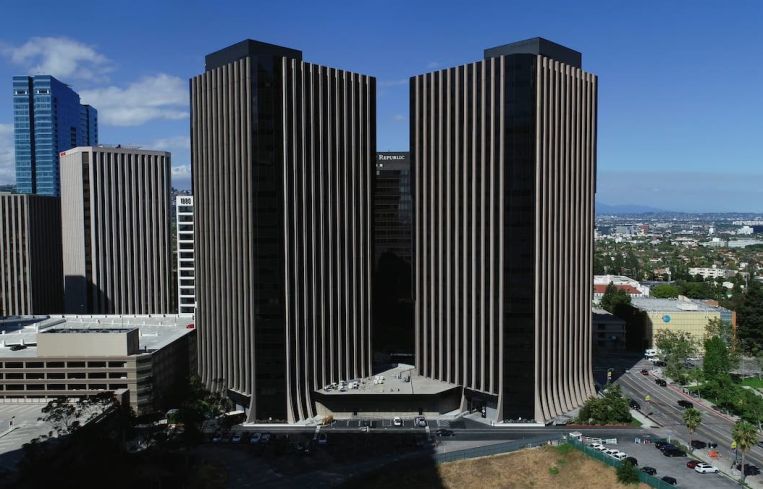Bridge Lender Archway Active in SoCal Despite Uncertain Landscape
Archway Fund, a direct portfolio bridge lender, completed a recapitalization with alternative investment manager Oakhurst Advisors.
By Greg Cornfield April 23, 2020 6:55 pm
reprints
Despite a stalled economy and a spike in requests for loan relief, there are some alternative lenders in Southern California still looking to make moves.
Los Angeles-based Archway Fund, a direct portfolio bridge lender, completed a recapitalization with alternative investment manager Oakhurst Advisors, and will now originate short-term debt under the name Archway Capital, the group announced.
In its first fund of several planned funds under the new name, Archway Capital will provide fixed-rate senior debt between $2 million and $20 million for acquisitions or recapitalizations in high-density and urban markets throughout the country The balance sheet lender will provide non-recourse, interest-only, fixed-rate loans up to 75 percent loan-to-value ratio with high single-digit interest rates.
“Our deal volume is significantly higher now than it was prior to COVID,” Archway Capital’s CEO Bobby Khorshidi told Commercial Observer. “I think that is due to the fact that you’re seeing people left at the altar by their lenders.”
Khorshidi and managing director Richard Goldman — who is president of L.A.-based Oakhurst — and Jason Ozur, a senior managing director at Lido Advisors, are listed as managers of Archway Real Estate Income Fund I, according to SEC filings.
Khorshidi said discussions between the principals of the newly formed Archway Capital, who collectively have $6 billion in assets under management, started in the fall of 2019. Since the economic shutdowns due to the spreading coronavirus were enacted, he said “there’s no better time than now to lend” due to a thirst for yield and a general desire for downside protection and a regular check.
“There are people looking to cash out because they are anticipating buying opportunities, and some people who have opportunistic buys,” he said. “There are construction completion loans, where the project is 90 percent done, and their loan is maturing and they can’t get extensions.”
Khorshidi explained that after the market reset, they can consider real estate values where they are now, “not where they were six months ago.” He told CO that the current landscape bred opportunity because it also took a lot of collateralized players out of the market, “especially the ones that were securitizing loans.”
“Before COVID-19, it was a race to the bottom for debt funds,” he said. “This low-rate environment is really what has led the charge to this whole field of alternatives. I think, if anything, we’ve gotten more aggressive with respect to our business, but not with respect to our lending.”
He said it’s difficult to determine what properties are worth, but they are applying stress tests on cash flow for value and what buildings’ collections are going to be. Archway is also looking at how the landscape will play out after the economy reopens, and which entities will fare well.
“With multifamily, we think it’s not a matter of ‘if,’ it’s a matter of ‘when’ you can get 100 percent collections or close to it,” he said. “We’ve always been really bullish on industrial assets. We think if you look at the trend — that people really don’t want to commute, and they are buying things online — COVID-19 really just accelerated that effect.”



